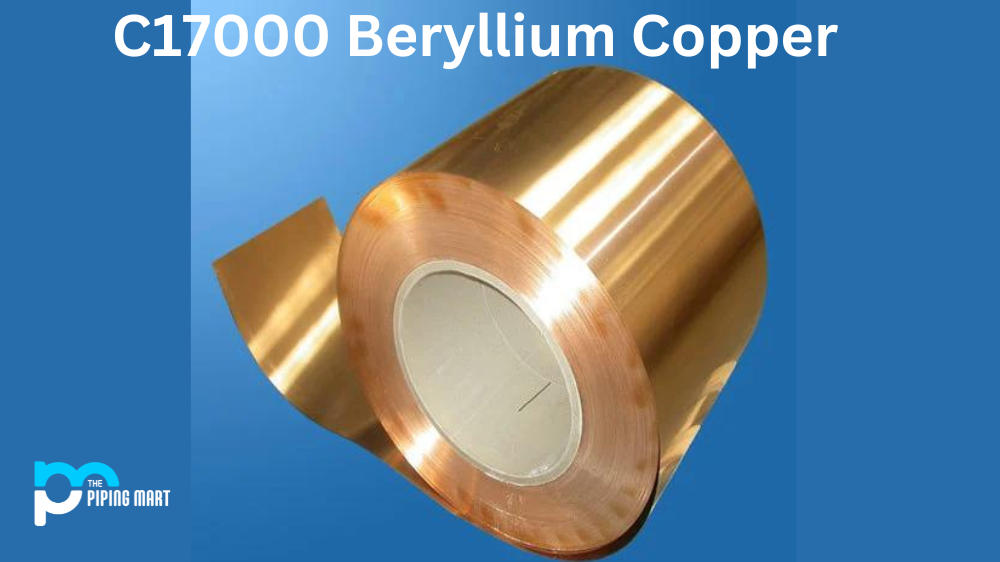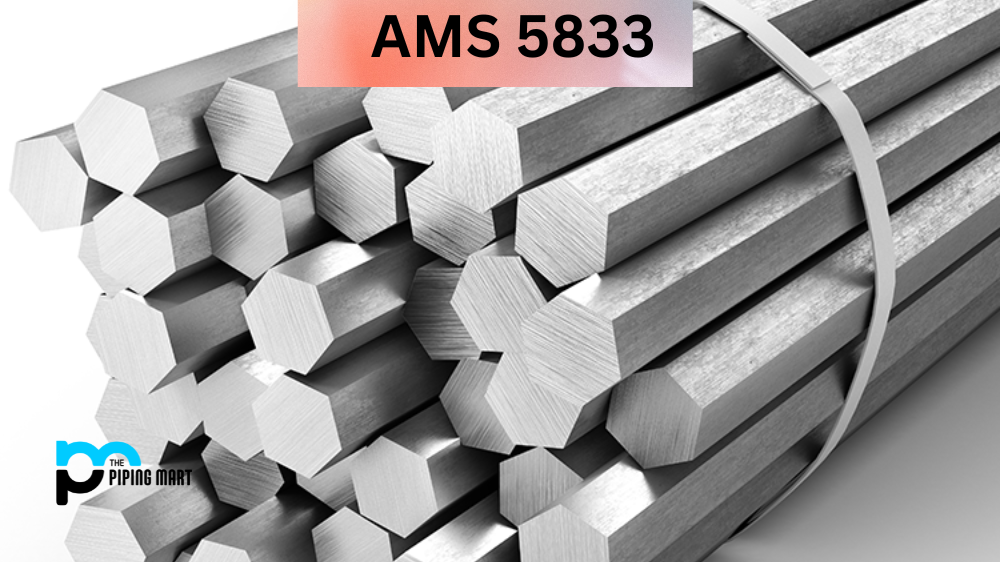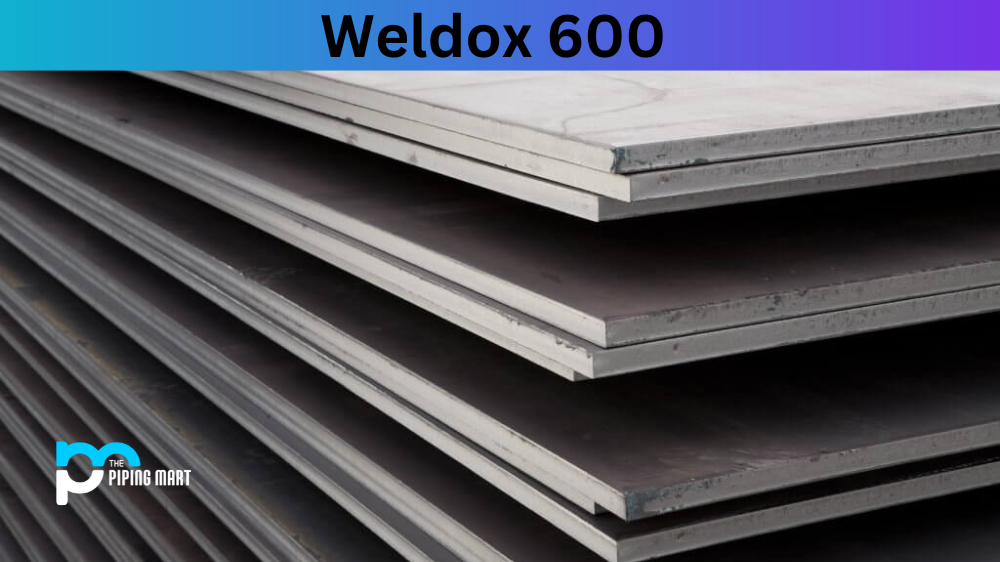Copper is one of the most versatile metals used in many industries. One variation of copper that is widely used is beryllium copper. C17000 beryllium copper is a high-strength alloy with excellent conductivity and is resistant to wear, fatigue, and corrosion. It is commonly used in the aerospace, automotive, electrical, and manufacturing industries. This blog post will discuss everything you need about C17000 beryllium copper.
C17000 Composition
C17000 beryllium copper comprises 1.80-2.0% beryllium and 0.2-0.6% cobalt. It also has copper as its base metal, with trace amounts of iron and nickel. This alloy has excellent machinability properties, making it ideal for components that require complex shapes and designs.
| Element | Content (%) |
|---|---|
| Cu | 98.1 |
| Be | 1.7 |
| Co | 0.20 |
C17000 Physical Properties
C17000 beryllium copper has a density of 8.36 g/cm³ and a melting point of 1,085°C. It has a thermal conductivity ranges from 100-200 W/mK and an electrical conductivity of up to 45% IACS. It also has a high elastic modulus, making it resistant to mechanical stress deformation.
| Properties | Metric | Imperial |
|---|---|---|
| Density | 8.26 g/cm3 | 0.298 lb/in3 |
| Melting point | 866°C | 1590°F |
C17000 Mechanical Properties
C17000 beryllium copper has high strength and hardness, with a tensile strength of up to 1400 MPa and a hardness range of 180-250 HB. It also has excellent fatigue resistance, with a fatigue strength of up to 439 MPa. It is an ideal material for high-strength and durability components, such as springs, moulds, and bearings.
| Properties | Metric | Imperial |
|---|---|---|
| Tensile strength, ultimate | 483 – 810 MPa | 70100 – 117000 psi |
| Tensile strength, yield (depending on temper) | 221 – 1172 MPa | 32100 – 170000 psi |
| Elongation at break (in 76.2 mm) | 45.0% | 45.0% |
| Modulus of elasticity | 115 GPa | 16700 ksi |
| Poissons ratio | 0.300 | 0.300 |
| Machinability (UNS C36000 (free-cutting brass) = 100%) | 20% | 20% |
| Shear modulus | 50.0 GPa | 7250 ksi |
C17000 Equivalents
- ASTM B194
- ASTM B196
- ASTM B570
- SAE J461
- SAE J463
C17000 Uses
C17000 beryllium copper is widely used in the aerospace, automotive, electrical, and manufacturing industries. It is used in high-strength, wear, and corrosion-resistant components. Its properties also make it ideal for parts that require high conductivity, such as electrical contacts, connectors, and switches.
C17000 Hardness
C17000 beryllium copper has a high hardness range of 180-250 HB. Its hardness properties make it ideal for use in components that require high wear resistance and fatigue strength, such as moulds, bearings, and valve seats. Heat treatment, such as annealing or quenching, can further increase its hardness.
C17000 Heat Treatment
C17000 beryllium copper can be treated in heat to improve its mechanical and physical properties. Annealing can be used to improve its ductility and machinability, while quenching can be used to increase its hardness. Heat treatment should be done carefully because over-treatment can result in cracking, reduced fatigue strength, and brittleness.
C17000 Welding
C17000 beryllium copper can be welded using various welding methods, such as TIG, MIG, and resistance welding. However, extreme care should be taken because it is highly conductive and can result in heat-affected zones that can cause cracking and reduced mechanical properties.
C17000 Corrosion Resistance
C17000 beryllium copper has excellent corrosion resistance, making it ideal for marine and corrosive environments. It is resistant to stress corrosion, pitting, and crevice corrosion. Proper heat treatment and protective coatings can further improve its corrosion resistance.
Conclusion
C17000 beryllium copper is a high-strength alloy with excellent conductivity, wear, fatigue, and corrosion resistance. Its properties make it ideal for high strength, wear resistance, and conductivity components. Understanding the composition, physical, and mechanical properties of C17000 beryllium copper can help you determine its suitability for a particular application. However, handling and using this alloy carefully is essential, especially during heat treatment and welding, to avoid cracking and reduced mechanical properties.




